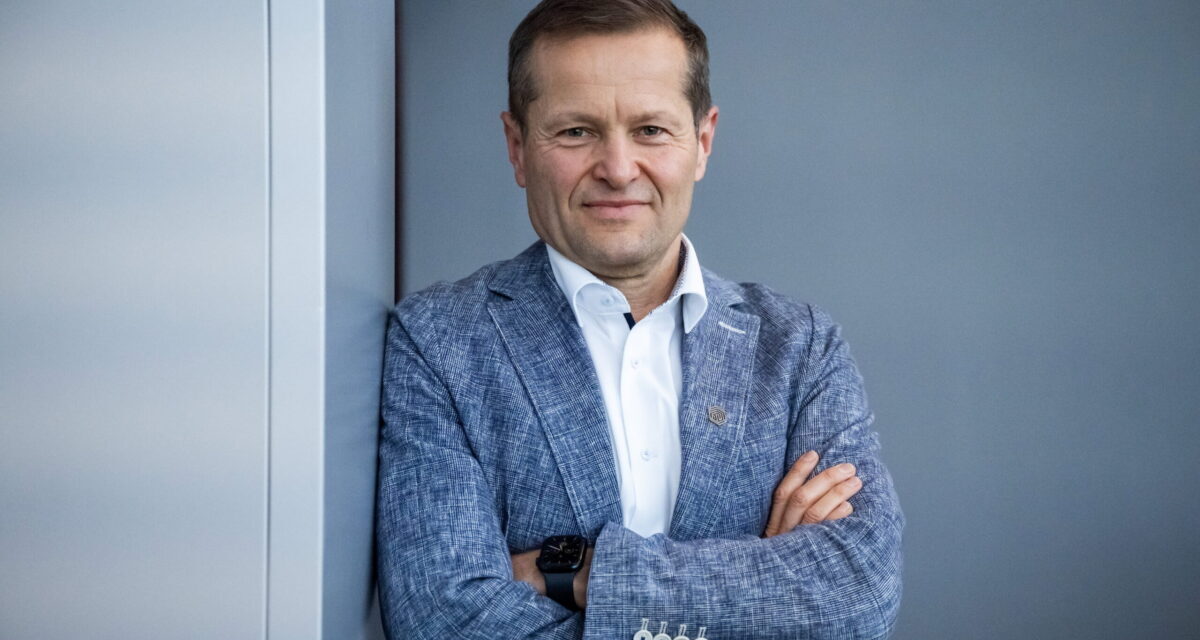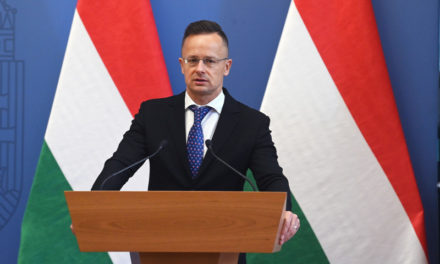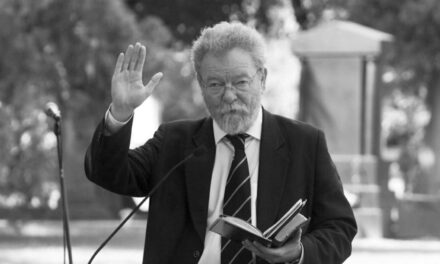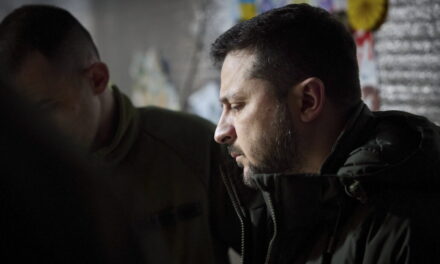In Hungary, there are projects with at least the same chances of achieving world-class results in our country as abroad, said Nobel Prize-winning physicist Ferenc Krausz at a press conference at the Budapest University of Technology and Economics (BME) after giving a lecture at the institution.
On Saturday, Ferenc Krausz received the title of Neumann University professor. In his presentation to BME students, the Nobel Prize-winning physicist spoke in detail about the work being done at the Molecular Fingerprint Research Center (CMF) in Hungary, aimed at developing tests for the early detection of diseases.
The scientist, who is the center's managing director and scientific director, spoke about the fact that in the program called Health for Hungary - Hungary for Health (H4H), blood samples are collected from about fifteen thousand volunteers for 10 years in order to monitor the evolution of their health status and the development of possible diseases can be detected and tracked. be traceable.
At the presentation, it was said that their research also helps cancer research, although their focus is not primarily on cancer. At the press conference, Ferenc Krausz pointed out that there are talents in Hungary as well, we just need to put a lot of emphasis on making sure that when they go abroad, they return.
He said that with the Research Excellence Council, of which he is the president, they are developing programs that are specifically aimed at bringing Hungarian excellence back to Hungary. He added: the problem is not that researchers are leaving the country, as it is necessary to gain experience. The important thing is that they come back.
Autonomy or money
At the press conference after the lecture, the issue of putting universities under foundation management came up, during which Ferenc Krausz gave the – clearly positive – example of his own research institute:
"thanks to the fact that our project was included in the model change and that the CMF came under the foundation that operates Semmelweis University alongside Semmelweis University, the Hungarian government has practically concluded the same public financing contract with us as it does for the universities [operating]. No government can escape this without a two-thirds majority. So this is a completely different guarantee that this project [funding] is secured until 2030”.
The background to this is that the government will support the Molecular Fingerprint Research Center (CMF) led by Ferenc Krausz with HUF 75 billion in the following years, after the previous HUF 20 billion. CMF develops test methods based on the discoveries of Krausz and his colleagues. The tests are done with laser technology and look for molecular changes in blood components. Shortly after the announcement of the grant, it was announced that the CMF will be under the supervision of the National Foundation for Health and Medical Education, which also operates Semmelweis University, so its management will continue according to the foundation model.
Double standard
Naturally, it then emerged that institutions operating in the foundation model were excluded by the European Commission from most EU research applications due to the possibility of political influence. At this point, Ferenc Krausz spoke about the double standard:
"This is a very tragic situation, which obviously cannot be maintained in the long term, and I am convinced that this situation will end soon. Within a year or two at most. This situation is unsustainable, because in fact the current Hungarian system, eliminating the first childhood diseases, actually completely matches the system used in Western Europe. Dozens of examples can be cited where universities operate in the form of foundations."
"I don't believe that this current state of sanctions is sustainable in the long term," continued the Nobel Prize-winning scientist. "This is obviously a consequence of the double standard, which the European Union applies not only in this area, but unfortunately in other areas as well, but this is a completely different topic."
When an opposition journalist remarked that not all academic workers are such fans of the foundation model change, Ferenc Krausz responded:
"I didn't say anything about how this system works because I don't know.
I said that we are currently benefiting from the system with our target project, because by being included in this system, we have much greater planning security, namely for six years.
There will be elections in six years, and we don't know what will happen and what the next minister will think about our project, and whether he will support it with the same enthusiasm as Minister Palkovics, who opened it at the time. So we do not know this, but within the framework of this contract, which will hopefully be signed soon, our operation is secured by a civil law contract, so we are the beneficiaries of this system. That's all I said. I cannot judge how this system works at universities."
MTI/ Hungarian Voice
Featured image: Ferenc Krausz, Nobel Prize-winning Hungarian physicist living in Germany, director of the Max Planck Quantum Optics Institute at the Kossuth radio studio, before he gave an interview to the Sunday newspaper program at the MTVA Kunigunda útjai headquarters on October 6, 2023. Scientist Pierre Agostini, a Frenchman who teaches in the United States, and Anne L'Huillier, also a French physicist working in Sweden, will receive this year's Nobel Prize in Physics. MTI/Zoltán Balogh













